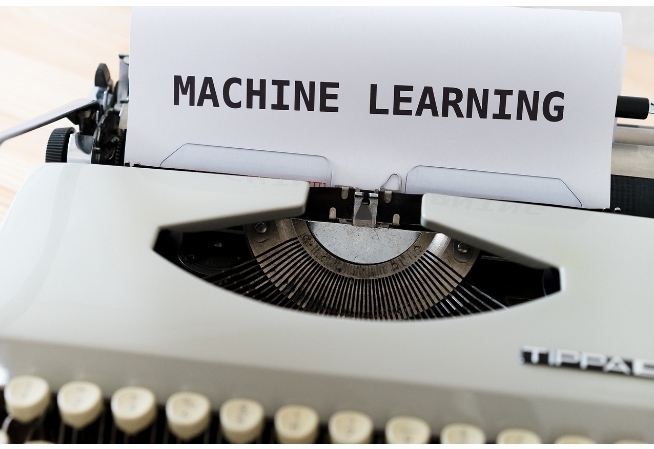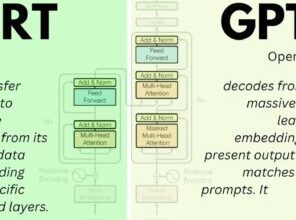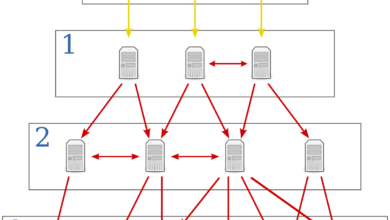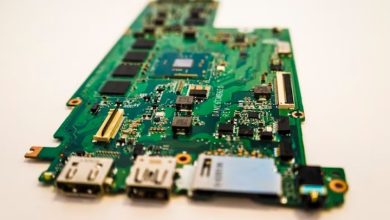7 Real-Life Applications of Machine Learning

Machine learning has become a powerful tool in today’s digital age, revolutionizing various industries and enhancing our daily lives. From natural language processing to healthcare, machine learning has found its way into a wide range of applications. In this article, we’ll highlight seven real-life applications of machine learning and understand how they impact our world.
1. Natural Language Processing
Natural Language Processing (NLP) is a branch of machine learning that focuses on enabling computers to understand, interpret, and respond to human language. It has numerous applications, such as chatbots, voice assistants, and sentiment analysis. For example, chatbots use NLP algorithms to understand and respond to user queries, providing instant customer support. Sentiment analysis utilizes NLP techniques to analyze social media posts and customer reviews, helping businesses gauge public opinion and make data-driven decisions.
NLP applications have revolutionized industries like customer service, marketing, and content creation. By automating language-related tasks, businesses can improve efficiency, enhance user experience, and gain valuable insights from textual data.
2. Image Recognition and Computer Vision
Machine learning has greatly advanced the field of image recognition and computer vision. Image recognition algorithms can identify and classify objects within images or videos, enabling applications like facial recognition, object detection, and autonomous driving. For instance, facial recognition technology is used for security purposes, unlocking smartphones, and even identifying individuals in large crowds for law enforcement agencies.
Computer vision has also played a crucial role in autonomous vehicles, enabling them to perceive the environment and make real-time decisions. With machine learning algorithms, vehicles can detect pedestrians, traffic signs, and other objects on the road, ensuring safety and enhancing the driving experience.
3: Predictive Analytics and Forecasting
Predictive analytics leverages machine learning algorithms to analyze historical data, identify patterns, and make predictions about future events or trends. This application is widely used in various industries, including finance, retail, and manufacturing. For example, financial institutions use predictive analytics to assess credit risks, detect fraud, and optimize investment strategies.
In retail, machine learning algorithms can predict customer behavior, helping businesses optimize inventory management, personalize marketing campaigns, and improve customer satisfaction. Moreover, predictive analytics plays a crucial role in demand forecasting, enabling companies to optimize production and minimize waste.
4. Fraud Detection
Machine learning has significantly improved fraud detection mechanisms across different sectors. By analyzing patterns and anomalies in large datasets, machine learning algorithms can identify fraudulent activities and flag suspicious transactions. This application is especially critical in industries such as banking, insurance, and e-commerce, where fraudulent activities can result in significant financial losses.
Machine learning algorithms can analyze historical data, identify fraudulent patterns, and create predictive models that can detect and prevent fraud in real-time. For example, credit card companies use machine learning to analyze transaction patterns and identify any suspicious activities that deviate from the customer’s normal spending behavior. This helps prevent unauthorized transactions and protects both the customers and the businesses.
Fraud detection algorithms can also be applied in insurance claims processing to identify potentially fraudulent claims. By analyzing various data points and patterns, machine learning models can flag claims that exhibit suspicious characteristics, such as abnormal accident patterns or inconsistent information.
The use of machine learning in fraud detection not only saves companies from financial losses but also helps maintain trust and integrity in the marketplace by ensuring fair and secure transactions.
5. Personalized Recommendations
Personalized recommendations have become an integral part of our digital experiences, thanks to machine learning algorithms. Whether it’s online shopping, streaming services, or social media platforms, machine learning powers recommendation systems that analyze user preferences and behavior to suggest relevant content.
For example, e-commerce websites use machine learning algorithms to analyze customer browsing and purchase history to provide personalized product recommendations. Streaming platforms like Netflix and Spotify utilize machine learning to suggest movies, TV shows, and music based on the user’s past preferences and viewing habits.
Personalized recommendations not only enhance the user experience but also benefit businesses by increasing customer engagement, driving sales, and improving customer satisfaction. By leveraging machine learning algorithms, companies can deliver tailored content and product recommendations, ultimately building stronger customer loyalty and driving revenue growth.
6. Autonomous Vehicles
The development of autonomous vehicles has been made possible by the integration of machine learning algorithms. Autonomous vehicles rely on advanced sensors, computer vision, and machine learning to perceive the environment, make real-time decisions, and navigate safely.
Machine learning algorithms analyze vast amounts of data from sensors, cameras, and lidar systems to identify objects, predict their movements, and make informed decisions. This allows autonomous vehicles to detect pedestrians, cyclists, traffic signs, and other vehicles, ensuring a safe and efficient driving experience.
The application of machine learning in autonomous vehicles has the potential to revolutionize transportation, offering benefits such as reduced accidents, improved traffic flow, and increased accessibility. As technology continues to advance, we can expect to see more autonomous vehicles on our roads, transforming the way we travel.
7. Healthcare and Medical Diagnosis
Machine learning has made significant advancements in the field of healthcare, particularly in medical diagnosis and disease prediction. By analyzing medical data, such as patient records, lab results, and medical images, machine learning algorithms can assist doctors in accurate diagnosis and treatment planning.
For example, machine learning models can analyze medical images, such as X-rays and MRIs, to detect abnormalities and assist radiologists in diagnosing diseases like cancer. Machine learning algorithms can also analyze patient data to predict disease risks and personalize treatment plans based on individual characteristics.
Additionally, machine learning can be used to analyze vast amounts of medical research data and identify patterns that may lead to the development of new treatments or drugs. This has the potential to accelerate medical research and improve patient outcomes.
Conclusion
Machine learning has transformed the way we live and work, with its real-life applications spanning across various industries. From enabling natural language processing and image recognition to predicting future trends and detecting fraud, machine learning algorithms have revolutionized processes, enhanced efficiency, and improved decision-making.
In the field of natural language processing, machine learning has empowered businesses to automate language-related tasks, providing better customer support, sentiment analysis, and content generation. The ability to understand and respond to human language has led to improved user experiences and valuable insights.
Image recognition and computer vision applications have made significant strides with machine learning. Facial recognition technology has bolstered security measures and identification processes, while object detection algorithms have been crucial in autonomous vehicles, ensuring safety on the roads.
Predictive analytics and forecasting have been greatly enhanced by machine learning algorithms. By analyzing historical data, businesses can make accurate predictions, optimize inventory management, and detect trends that drive informed decision-making. This application has transformed industries such as finance, retail, and manufacturing.
The detection and prevention of fraud have been significantly improved with machine learning. Algorithms can identify patterns and anomalies, flagging suspicious activities in real-time. This has become essential in industries like banking, insurance, and e-commerce, protecting businesses and customers from financial losses.
Personalized recommendations have become a staple in digital platforms, powered by machine learning. By analyzing user preferences and behavior, algorithms suggest relevant content, enhancing user experiences and driving engagement. E-commerce and streaming services have thrived with personalized recommendations, leading to increased customer satisfaction and revenue growth.
The development of autonomous vehicles has been made possible by machine learning algorithms. By analyzing vast amounts of sensor data, vehicles can perceive the environment, make real-time decisions, and navigate safely. This has the potential to revolutionize transportation, offering benefits like reduced accidents and improved traffic flow.
Machine learning has also made significant contributions to healthcare and medical diagnosis. By analyzing patient records and medical images, algorithms can assist in accurate diagnosis, treatment planning, and disease prediction. This has the potential to improve patient outcomes and accelerate medical research.
As machine learning continues to evolve, we can expect further advancements and applications that will shape our future. From automation and optimization to innovation and improved decision-making, machine learning is at the forefront of technological progress, enhancing our lives in countless ways.







